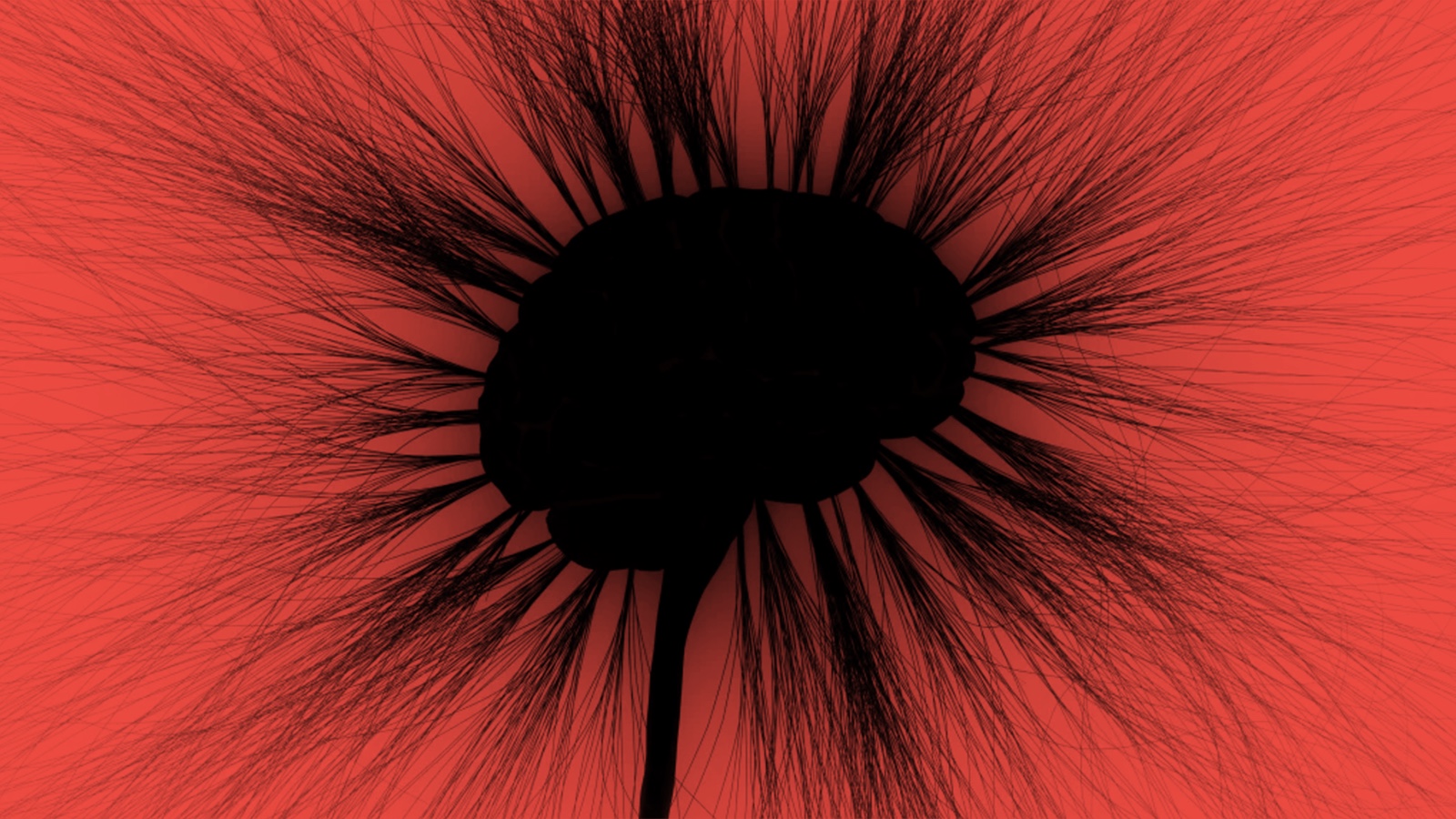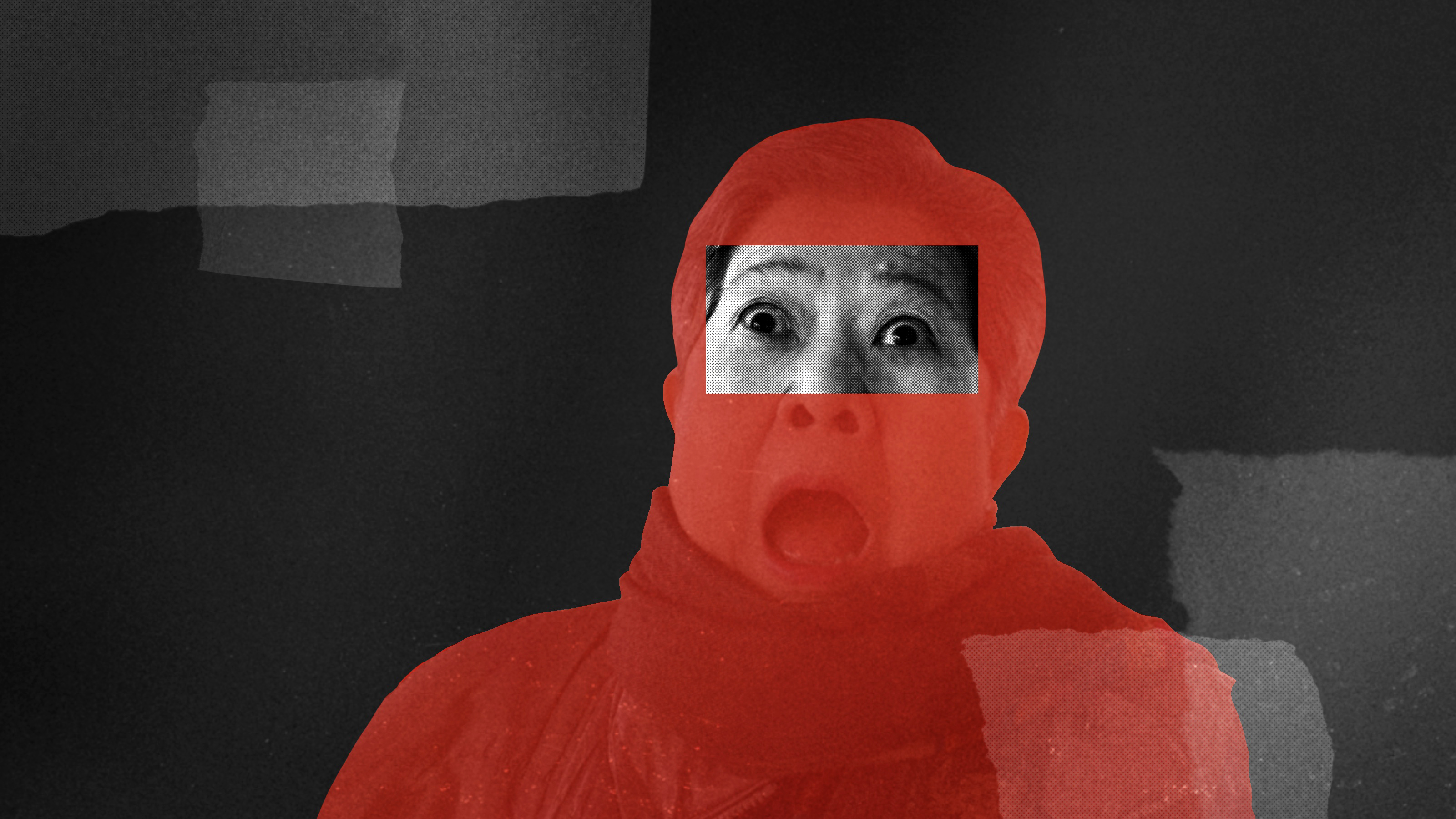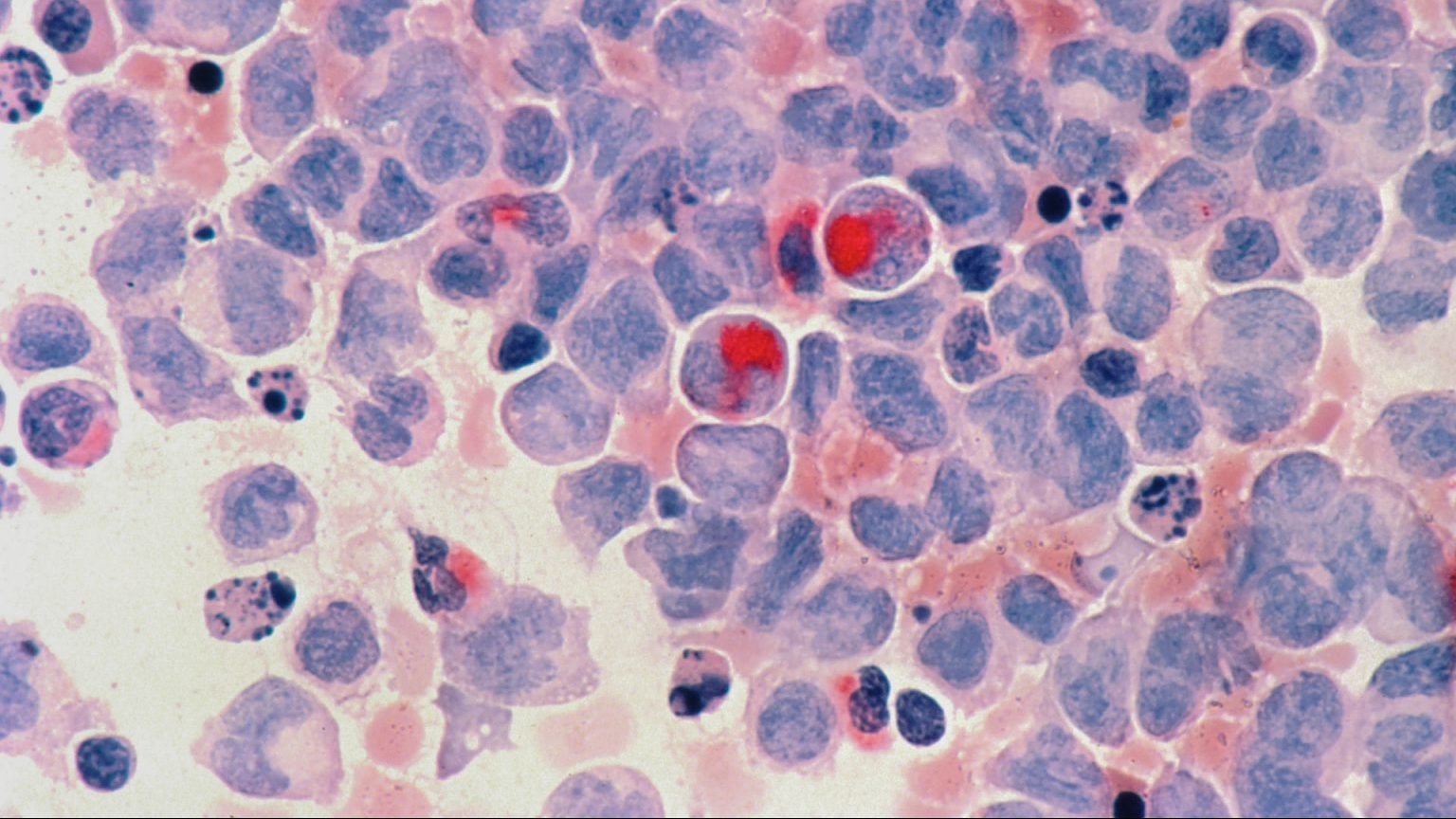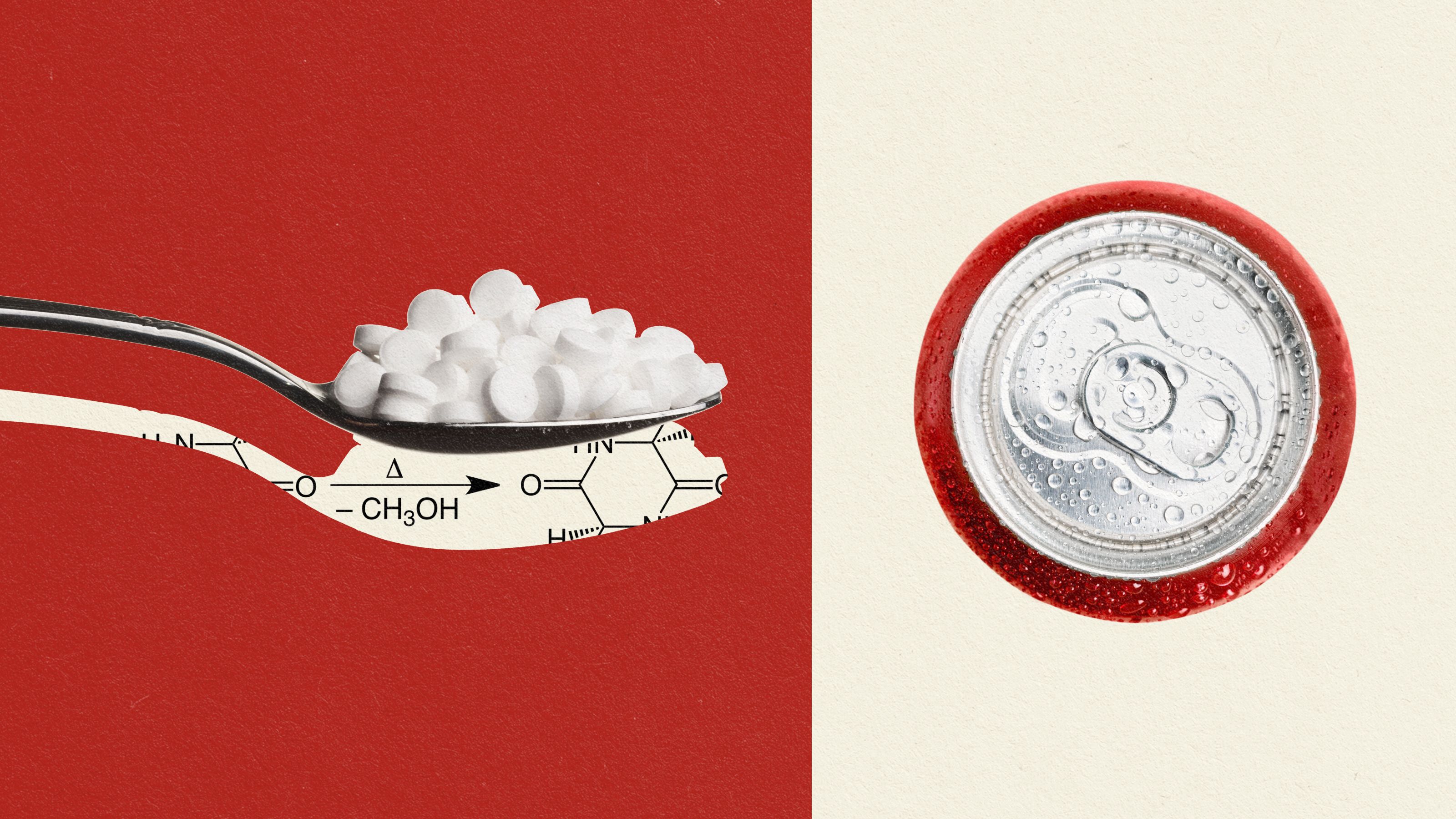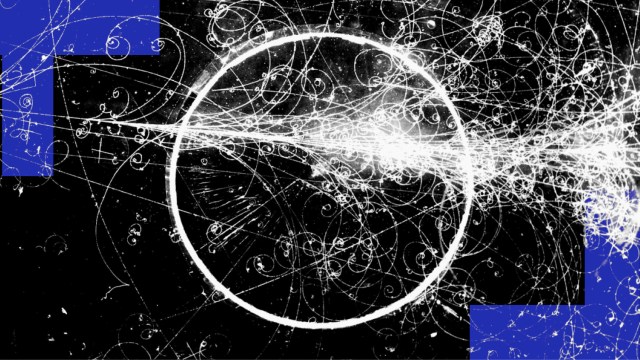Curing cancerphobia: How the psychology of fear distorts our view of cancer
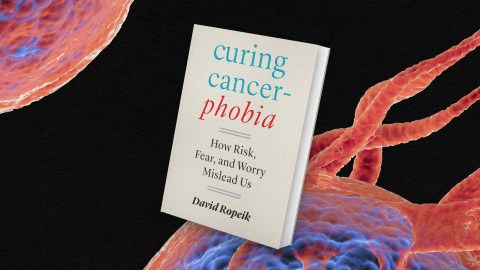
- In a 2019 survey, 79% of those asked agreed a lot or somewhat that “everything causes cancer.”
- There’s a popular misconception that mankind creates most cancer-producing substances; nature “creates” all sorts of carcinogens too.
- The belief that cancer is mostly caused by human-made substances explains why any mention of the word “chemicals” or “radiation” sets off alarms.
We are more afraid of risks that are human-made than those that arise naturally. When the Health Information National Trends Survey (HINTS) in 2001 asked people what they thought increased their risk of getting cancer, 80% believed that pesticides and food additives raised their risk, and 88% said pollution. In a 2019 version of the survey, 79% agreed a lot or somewhat that “everything causes cancer.”
The widespread fear that many modern products and processes cause cancer arose amid the smog, burning rivers, and hazardous waste dumps that spurred our awareness of and concern about environmental problems in the sixties and seventies. In chapter 14 of Silent Spring (ominously titled “One in Four,” as in, one in four of us will get cancer), Rachel Carson wrote: “With the dawn of the industrial era the world became a place of continuous, ever-accelerating change. Instead of the natural environment there was rapidly substituted an artificial one composed of new chemicals and physical agents, many of them possessing powerful capacities for inducing biologic change. Against these carcinogens which his own activities had created man had no protection.”
Stunningly for a scientist (a marine biologist), Carson instinctively played on the psychological tendency to fear the human-made over the natural when she wrote, “Man, alone of all forms of life, can create cancer-producing substances.” That isn’t close to true. Nature “creates” all sorts of carcinogens too.
Though we now know that most cancers are the result of natural processes that cause DNA mutations leading to uncontrolled cell growth, and that diet, exercise, and other lifestyle choices can reduce the risk of cancer by as much as 40%, the myth remains embedded in common belief, reinforced by environmental advocates and the general news media, that cancer is largely the result of modern human-made products and processes.
Consider this example: In 2010 the Telegraph (a British newspaper) reported that a study of mummies had found very few cancers. According to the study’s authors, that meant, as the headline read,
“Cancer Caused by Modern Man”
as it was virtually non-existent in ancient world. Cancer is a modern man-made disease caused by the excesses of modern life, a new study suggests.
The newspaper’s science reporter, who surely should have known better, repeated the huge leap the study authors had made to reach their biased conclusions: “The findings suggest that it is modern lifestyles and pollution levels caused by industry that are the main cause of the disease and that it is not a naturally occurring condition.”
We now know that most cancers are the result of natural processes that cause DNA mutations leading to uncontrolled cell growth.
The study would have made Rachel Carson proud. The authors wrote, “A striking rarity of malignancies in ancient physical remains might indicate that cancer was rare in antiquity, and so poses questions about the role of carcinogenic environmental factors in modern societies.” Neither the study nor the news report made any mention of the fact that people in “antiquity” usually didn’t live long, and that the modern rise in cancer prevalence corresponds with our longer life spans. Or that cancer in soft tissues wouldn’t show up in fossils.
Fighting the entrenched misbelief that “everything causes cancer” is hard. The highly respected Cancer Research UK tried, calling the study factually incorrect and misleading, as well as directly addressing the psychological factors of control and less fear of what is natural than what is human-made, saying, “It can be tempting to worry about our cancer risk from external things like pollution and chemicals more than from things we can control, like our lifestyles. But decades of research have shown that lifestyle factors — such as not smoking, keeping a healthy weight, limiting alcohol, getting enough exercise, and avoiding sunburn — have an important effect on cancer risk. In contrast, the evidence that pollution and industrialization has a widespread role in UK cancer rates is weak.”
The belief that cancer is mostly caused by human-made substances explains why any mention of the word “chemicals” or “radiation” sets off alarms. (Magnetic resonance imaging was originally called nuclear magnetic resonance imaging. The “nuclear” was dropped to avoid the frightening allusion to weapons and radiation.) And it explains why scientists frustrated by “chemophobia” and “radiophobia,” corollaries of cancerphobia, try to reduce those fears by arguing, “All of nature is made out of chemicals,” and, “If we’re worried about nuclear power we should also worry about natural sources of radiation like the sun and bananas.”
